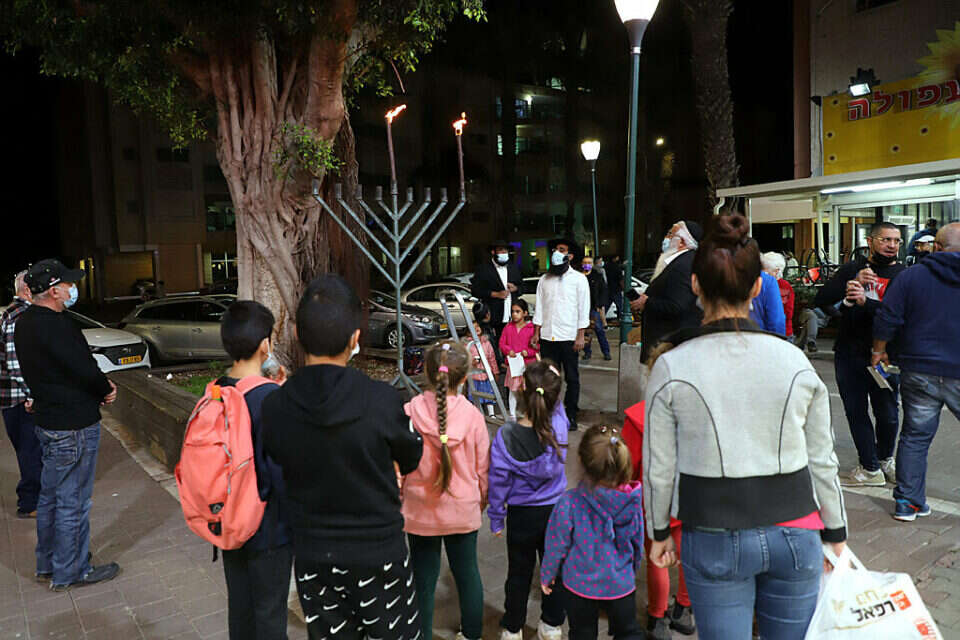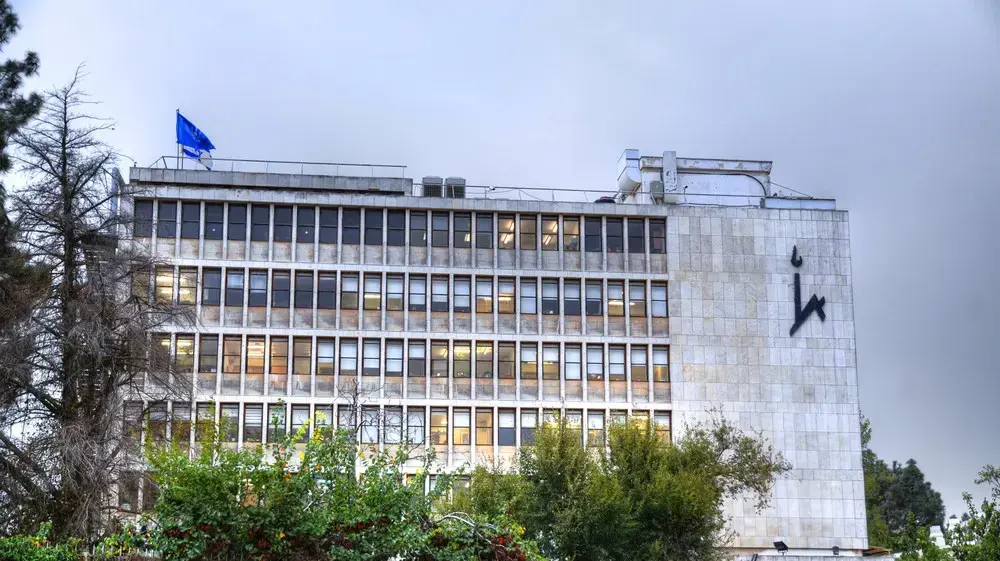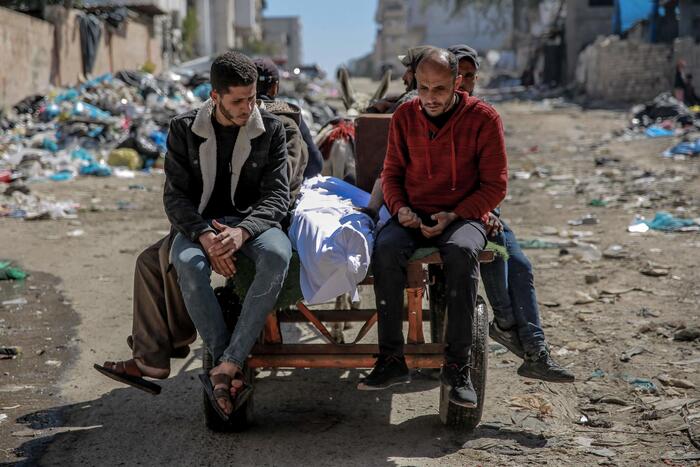As children, we used to have fun with the question: Who are the Greeks and Maccabees of today?
Not a simple question, as history never repeats itself, however it tends to sneak up occasionally and appear in various tops.
Education, tradition, collective memory, rituals and culture tend to set values and thus ensure a certain resemblance between those days and this time.
There are three zealous groups in Israeli society whose path is far from the best in the Israeli tradition.
The first is the extremist wing in the ultra-Orthodox world.
The rabbis of the wing claim to speak on behalf of the guards of the walls and guardians of the embers, but the tradition they seek to sanctify is quite different from the original.
From the victory of the Maccabees, they sterilize every sign of military and nationalism, and prefer to sanctify Talmudic peppers and the laws of Chanukah.
Alongside these, a jealous wing has sprung up in recent decades on the fringes of the ultra-Orthodox-nationalist camp. On the one hand, many in this wing are immigrants whose sons and daughters are harnessed in favor of national missions. On the other hand, the layer of rabbis leading the camp is becoming more radicalized towards horizons that our ancestors did not know (gender segregation, women’s service and a stubborn refusal to correspond with geopolitical changes). For these zealots (ultra-Orthodox and ultra-Orthodox), history stands. In those days at this time, a perception that frees them from difficult desires pertaining to the dynamic nature of history.
Opposite them are the zealots on the left. These enjoy a prestigious aura, cultural capital (verbal ability, graduates of academic institutions), but after peeling off the "inclusive" and "universal" rhetoric, we discover that we have before us a new religion that sterilizes the national and religious side of Israeli tradition and under them human and civil rights. Therefore, it is not surprising that the zealots on the left are closer in soul to the landscapes of Berlin and the campuses of the West Coast in America than to the Jews of Netivot, Beit She'an and Migdal HaEmek; They feel great affection for refugees and infiltrators, while abandoning the Jewish residents of South Tel Aviv.
In practice, those zealots function as global agents of influence who disbelieve in the religious and national tradition, and at most have established their mark in museums (this menorah is nice). As in Greek culture, so these zealots excel in an old-fashioned, powerful and dangerous longing for universality. As an alternative to tradition, they import into Israel various, progressive values, whose birth and birth in North America and do not correspond with the Israeli experience. Do not correspond but will dictate, by the power of control. If one day a popular uprising breaks out, it will be because of the disgust of the people of Israel (AA) with the forceful method by which these zealots try to instill their values in the general public. The hegemonic in the hope that this will reward them and cultural capital ("enlightened" etc.).
Despite the above, there is no symmetry between the groups: while the ultra-Orthodox fanatics shut themselves in, the fanatics on the left seek to break through a fence;
While the religious tighten the national / religious fortifications, the zealots on the left strive to score them "in pleasant ways."
In the middle is the great mass of the Jewish public.
In the language of the religious zealots - these are "the people of Israel", a code name for simple Jews with a deep affinity for Judaism whose tradition is sucked not out of broad knowledge and high awareness.
In the language of the zealots on the left - these are the "proletariat", who are unaware of hegemony and interests.
The people of Israel excel in flexibility: they make sure to light a menorah, and at the same time flock to the malls to smell the Kislev shopping holidays (Black Friday, Cyber Monday);
Are known for their fondness for looking out the shop window;
Passive consumers.
Donuts will usually be eaten and aspirated to a top model in the style of a thin candle.
This, by and large, is the socio-cultural-political structure in Israel. Hanukkah 1952. Who will lead the public in the coming decades? He will lead those who do not speak in the name of purity, but in the name of the power of national and religious tradition, and at the same time be aware of the complexity of instilling tradition and navigating in the face of a technological and global world.
Were we wrong?
Fixed!
If you found an error in the article, we'll be happy for you to share it with us








